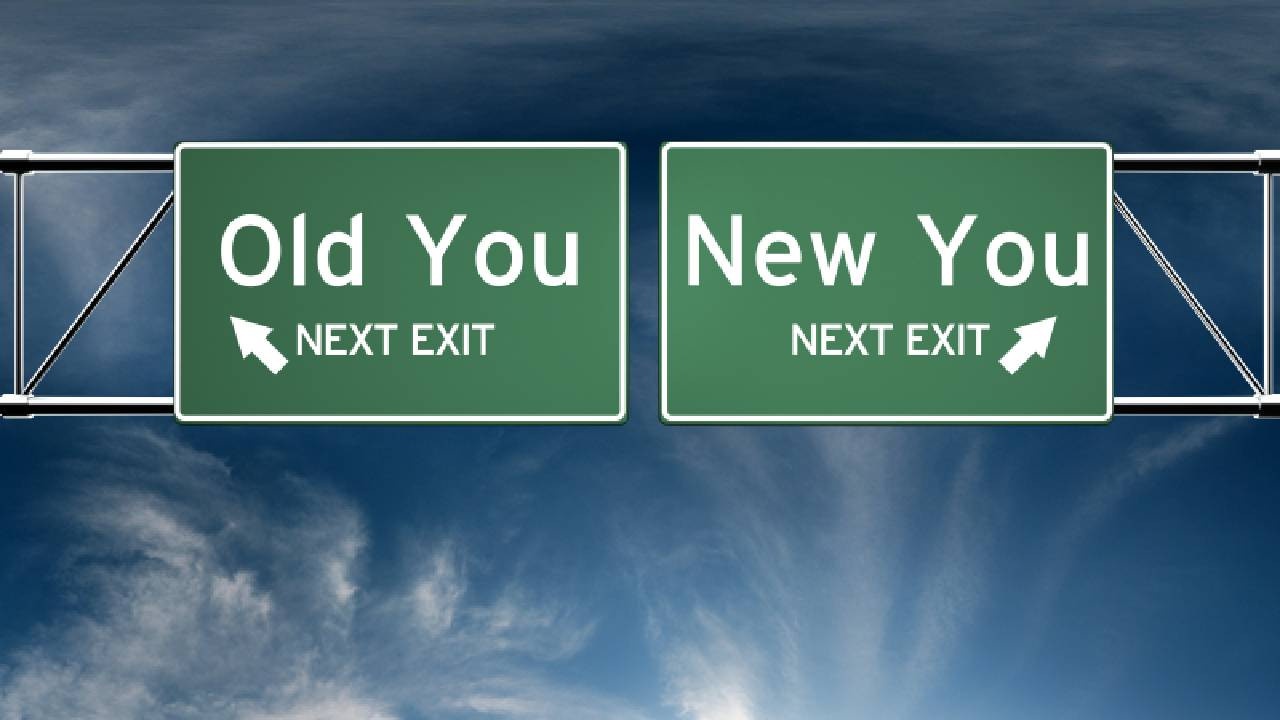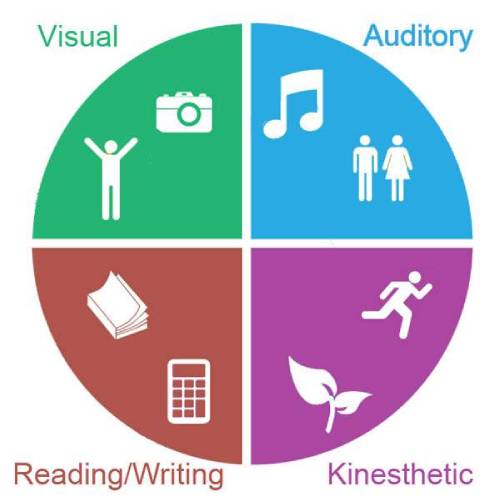You're Not the Person You Were
Apr 20, 2022
Many of us are reengaging with the world after curbing our lifestyles for the last two years. Most of us made some changes, willingly or not. And for all the changes, the milestones, the collective grieving we haven’t processed, we’re not the same people we were before the pandemic. As our communities shift once again, it makes sense to consider how we’ve changed and what we want going forward.
One thing to think about is how we take in information. When has learning come easiest to you and when has it been harder? I know the way I learn has shifted over the last couple of years. I used to prefer reading to retain information and now listening is easier. Knowing this about myself helps me choose how to learn what I need to know. I like bite-sized information that I can listen to and I like to see graphics for stuff that’s complicated. Doing something can help me remember, even if it’s just taking notes.
In this time of information overload, after we’ve spent years figuring out how to learn, work, and communicate online, it makes sense to reassess what works for us before we just go back to the old ways of doing things. We have a chance to rethink how we want to be in the world and what kind of space we want to create. We don’t have to do or be what we were pre-pandemic. We may not be able to.
Knowing how we process information can make the transition easier. There are four basic learning styles:

- Visual – learning best from charts, graphs, and other visual means
- Auditory – learning best by hearing
- Reading and Writing – learning best by reading and taking notes
- Kinesthetic – learning best with a hands-on approach
Think about these questions:
- Do you jump at opportunity or have to be pushed into something new? (Even if you used to jump at something new, it makes sense if you’re more hesitant now due to overload. Or maybe you used to be hesitant and found that virtual made it easier for you to say yes.)
- Are you a visual learner? Auditory? Experiential? A mix?
- Do you learn better in short bursts, or do you like to plow through information? (This could differ for various types of information or even depending on your mood.)
- At what time of day do you do your best work?
- Are you more efficient working alone? Do you need another person to help you focus? Or do you need a combination to be at your best?
Knowing these answers can set you up for success. Choosing situations that focus on the ways you learn best. Whether its for school, work, or learning for daily living, knowing how your brain and body work best can help create ease and reduce stress.
Fierce Love!
Ready to DO something right now? Download the Everyday Activism Action Pack and get started today.
We hate SPAM. We will never sell your information for any reason.

